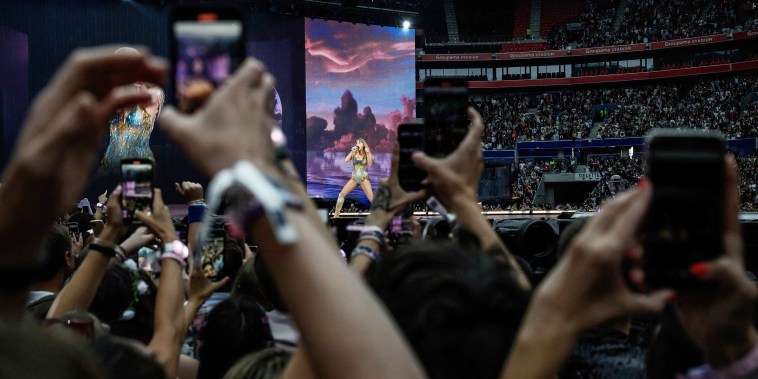The Funflation Effect: Why Americans Are Spending on Travel and Entertainment
Over the past few years, there has been a noticeable trend among Americans towards increased spending on travel and entertainment, a phenomenon that has come to be known as the funflation effect. This shift in consumer behavior can be attributed to several key factors that are shaping the way people choose to allocate their disposable income.
One of the primary drivers behind the funflation effect is the emphasis on experiences over material possessions. Studies have shown that people tend to derive more happiness and fulfillment from experiences such as traveling, attending concerts, or dining out, rather than from purchasing material goods. This shift in priorities reflects a broader cultural movement towards seeking out meaningful and memorable experiences that can enrich our lives in a more profound way.
Additionally, the rise of social media and the sharing economy has played a significant role in fueling the funflation effect. Platforms like Instagram and Facebook have made it easier than ever for people to document and share their experiences with friends and followers, creating a sense of FOMO (fear of missing out) that drives individuals to seek out new and exciting experiences to showcase online. The sharing economy has also made it more convenient and affordable for people to access a wide range of experiences, from renting vacation homes to booking unique tours and activities, further fueling the desire for experiential spending.
Another important factor contributing to the funflation effect is the increasing value that people place on personal well-being and self-care. In today’s fast-paced and stressful world, many individuals are seeking out opportunities to relax, recharge, and connect with their inner selves. Travel and entertainment provide a welcome escape from the demands of daily life, offering a chance to unwind, explore new horizons, and take a break from the pressures of work and responsibilities.
Furthermore, the current economic climate has also played a role in driving the funflation effect. As the economy has continued to recover from the financial crisis of 2008, consumer confidence has grown, leading to increased discretionary spending on non-essential items like travel and entertainment. With unemployment at historic lows and wages on the rise, many Americans feel more financially secure and are more willing to splurge on experiences that bring joy and satisfaction.
In conclusion, the funflation effect represents a significant shift in consumer behavior towards prioritizing experiences over material possessions. Driven by a combination of factors such as the emphasis on well-being, the rise of social media, and the improving economic conditions, Americans are increasingly choosing to spend their money on travel and entertainment to create meaningful and memorable experiences. As this trend continues to gain momentum, businesses in the travel and entertainment industries stand to benefit from a growing demand for unique and engaging experiences that cater to the evolving preferences of consumers.
